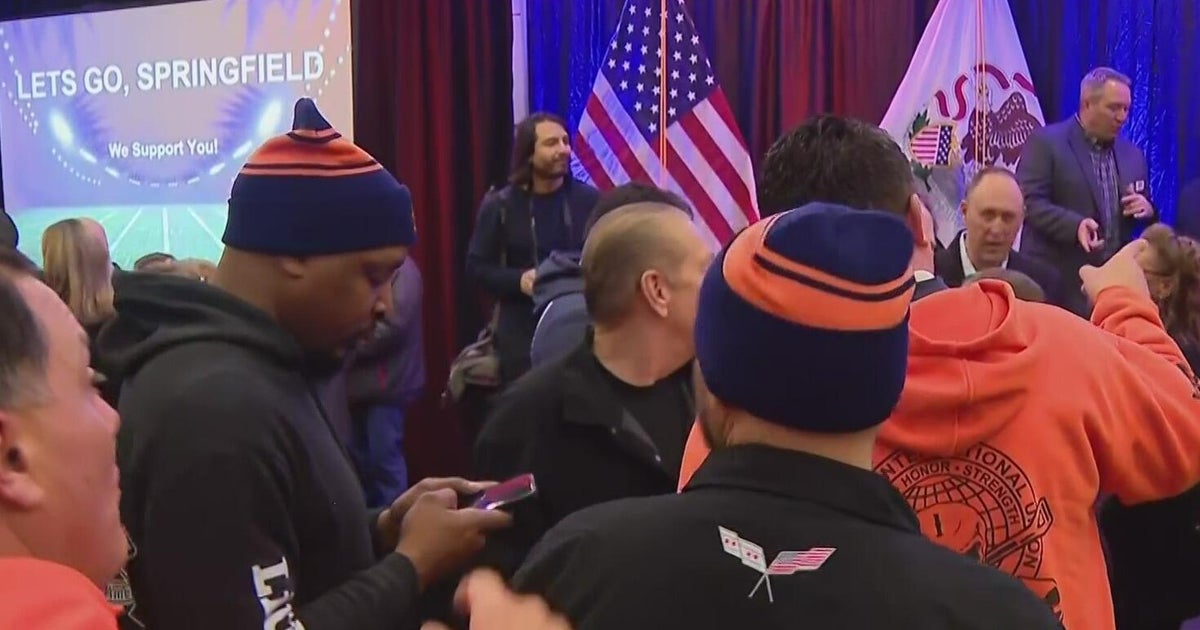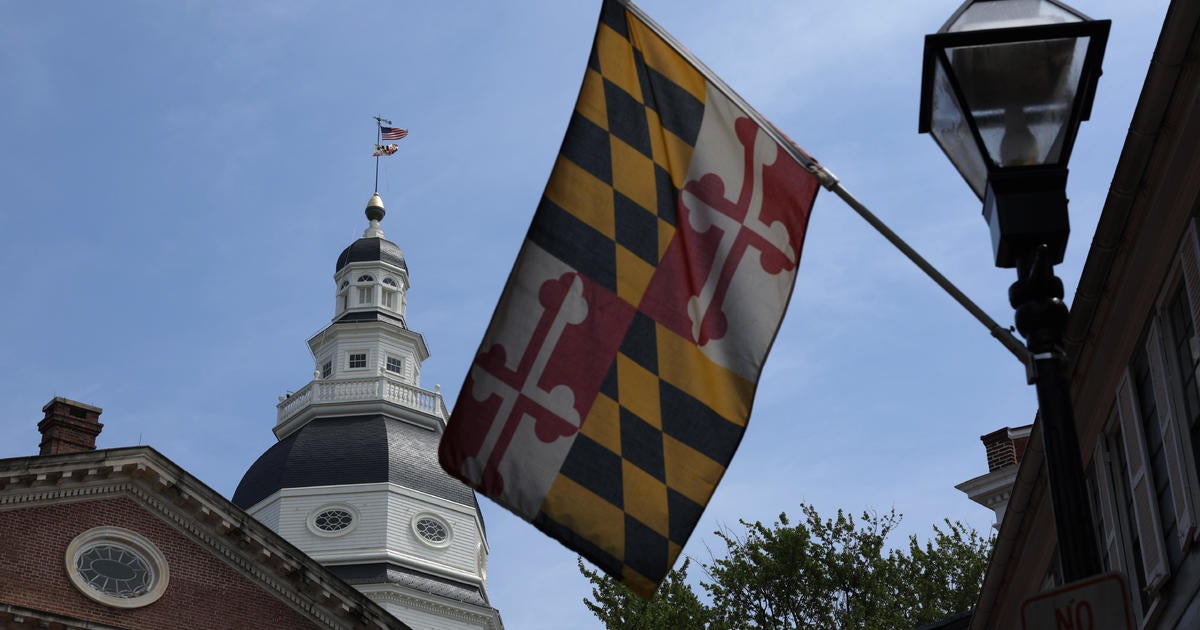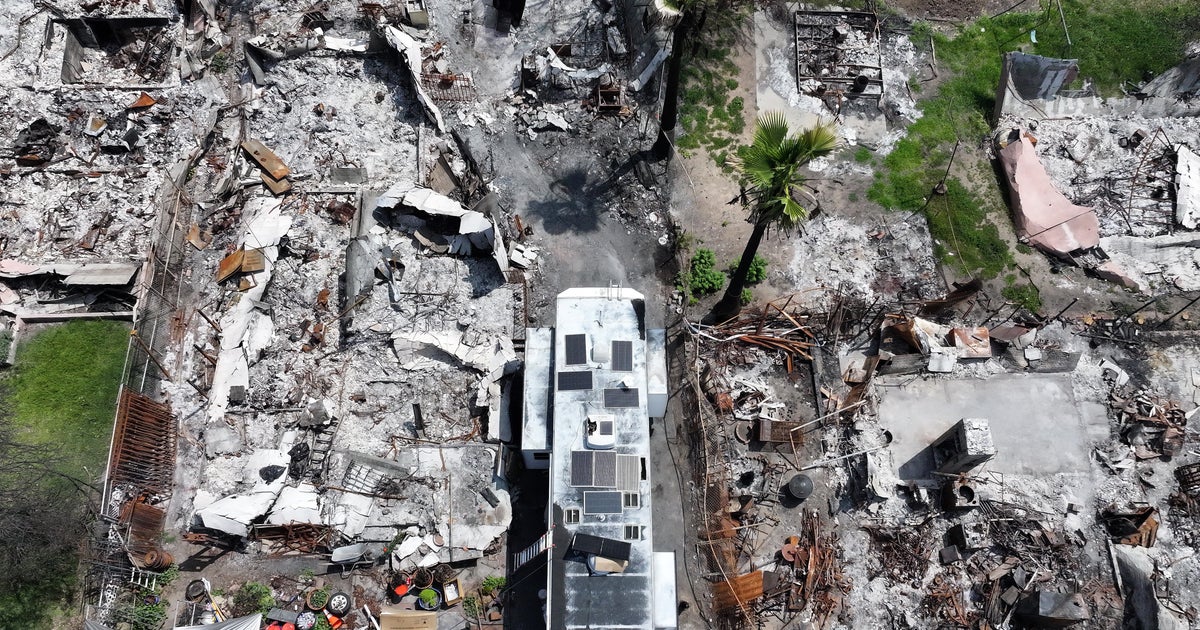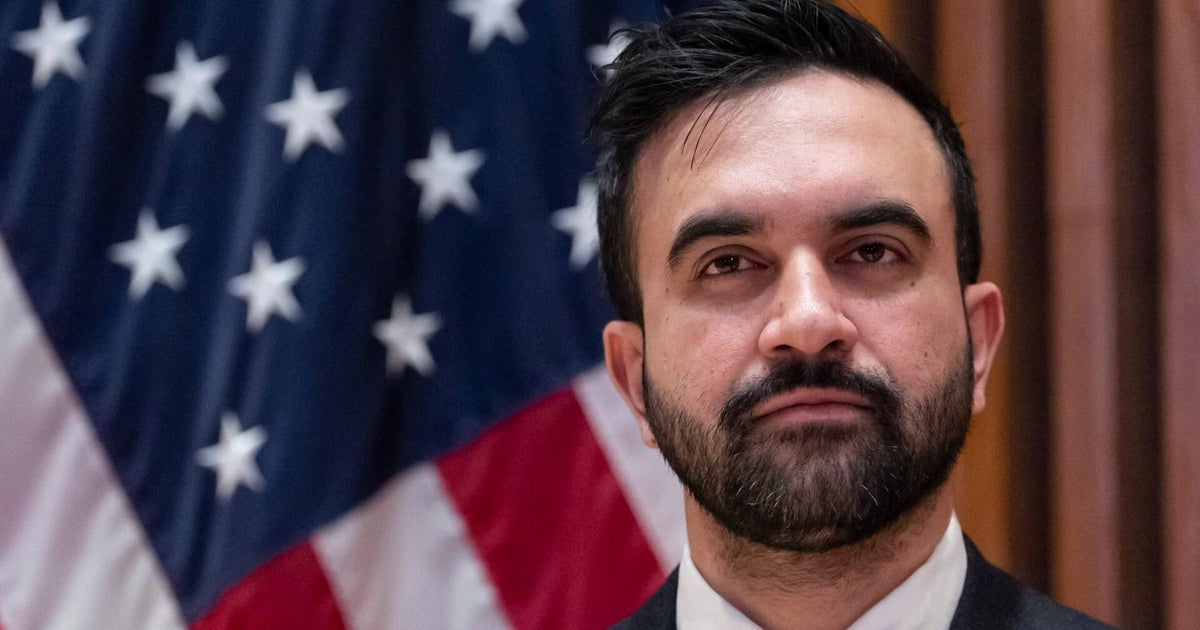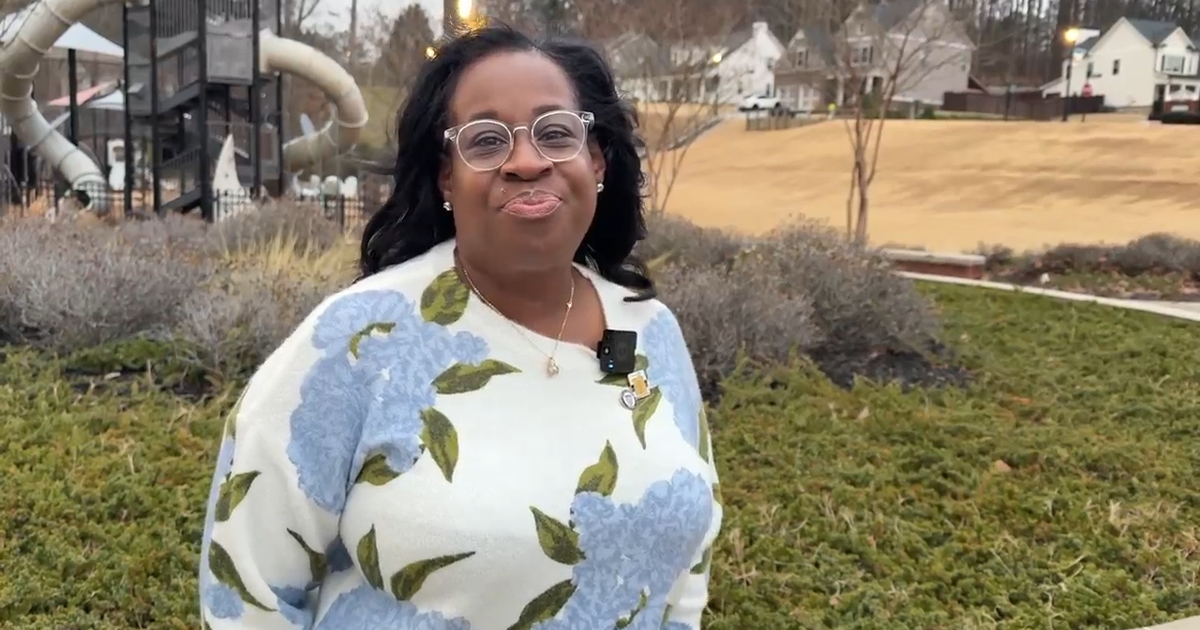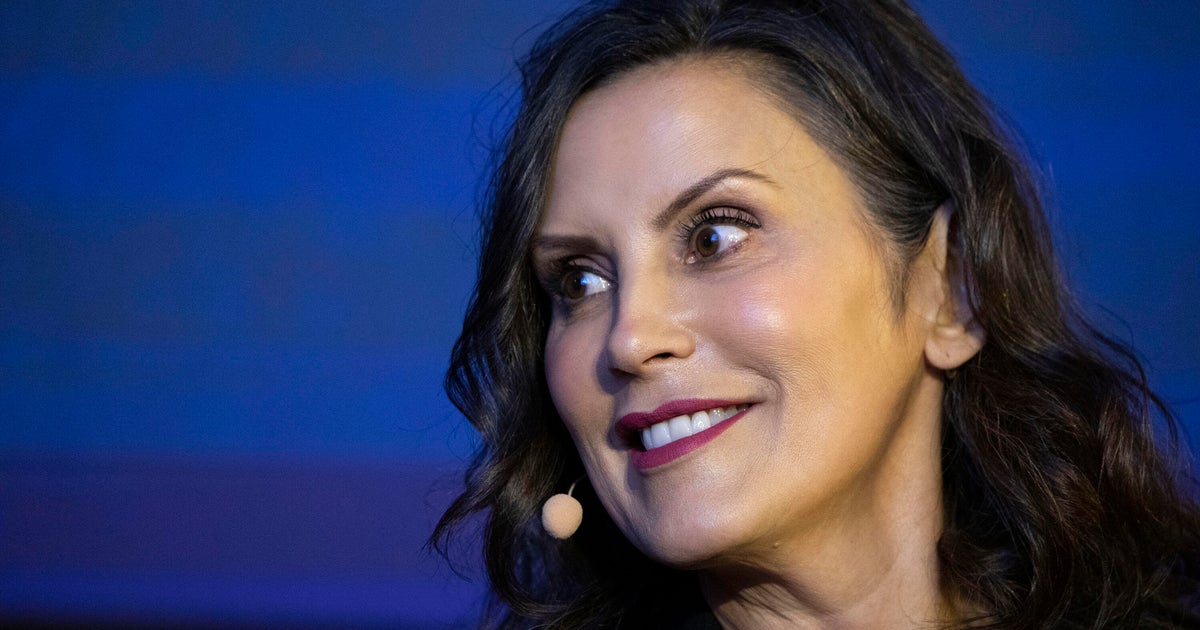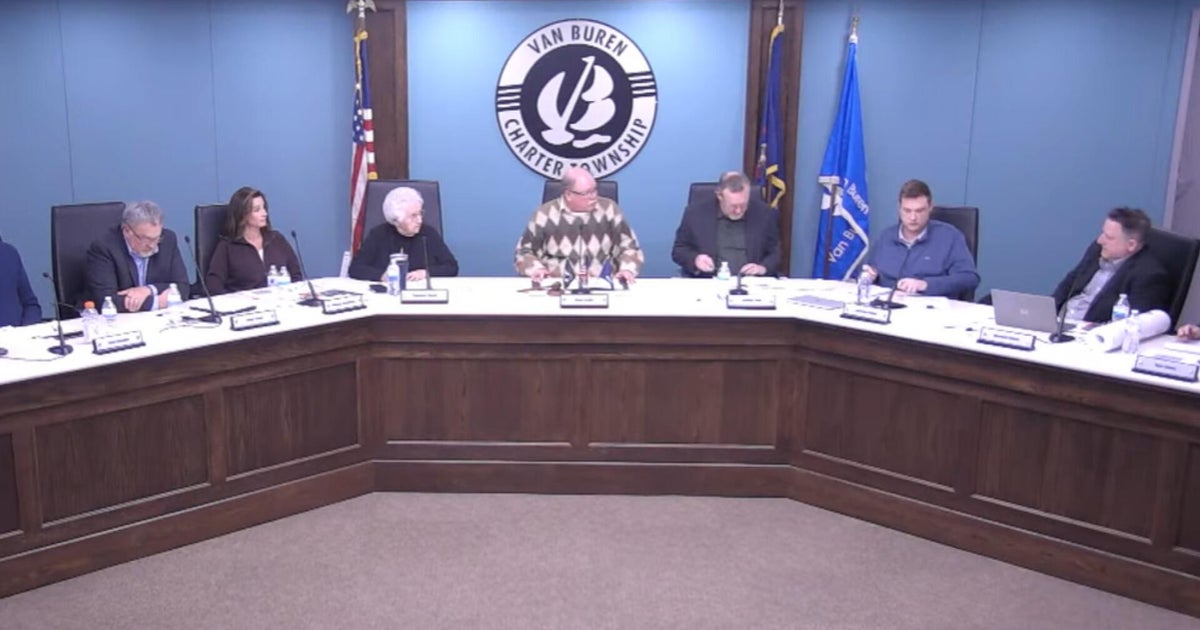Lawmakers Approve Speed Cameras For Chicago
CHICAGO (CBS) -- State lawmakers have approved legislation to allow the city of Chicago to use cameras to catch speeders near city schools and parks.
The Illinois House voted 64-50 on Wednesday in favor of the proposal, pushed by Mayor Rahm Emanuel. The Senate had approved the measure two weeks ago, so it now goes to Gov. Pat Quinn for his consideration.
The governor's office said he would review the legislation when it reaches his desk.
LISTEN: WBBM Newsradio's Lisa Fielding reports
The mayor has been pushing to use existing red light cameras and mobile cameras to catch speeders in the act within 1/8 mile of schools and parks in Chicago.
The cameras would ticket cars going more than five miles per hour over the speed limit.
Before enforcement with speed cameras, the city would conduct a 30-day public education campaign to inform drivers of the new speed cameras. Intersections with the cameras would also have signage informing drivers that the speed cameras are there.
"The goal is to change people's behavior. You have education, engineering and enforcement and if you don't have the enforcement, the other two aren't as effective," CDOT Commissioner Gabe Klein said.
Emanuel insisted the City is not trying to use the speed cams as revenue generators. He says they are part of an overall strategy to protect children.
"It's not a one-trick pony – speed cameras, that's it. It's curfew, ministers, crossing guards, cameras inside schools and speed cameras outside schools," Emanuel said earlier this week. "If you follow the law, you've got nothing to worry about, simple. As you follow the law, this is not a problem. If you break the law, obviously you've got a concern. And all I'm saying is just don't do it near a school or park."
The mayor has pointed to city statistics that showed pedestrian fatalities near intersections went down 70 percent after red light cameras were installed.
The Chicago Department of Transportation's before and after study of the city's 109 red light cameras found 53 fatalities – 26 of them pedestrians – before the cameras started snapping pictures and triggering tickets, compared to 21 fatalities – 6 of them pedestrians – after the cameras went in.
The mayor has called the speed cameras just one part of a strategy to increase safety near schools, in addition to deploying more crossing guards, increasing safe passage funds, enforcing a curfew and new cameras inside schools.
Emanuel has said he doesn't care if the cameras make any money, only that they save lives.
But a secret study obtained by "The Expired Meter" website showed that speed cameras could be a much bigger cash cow for the city than red light cameras.
That study found speeders were 20, 30, even 60 times more common than red light runners, who are already contributing millions to city coffers.
And remember, the test covered just a handful of cameras.
Regardless, if Quinn signs off on the legislation, the number of traffic cameras in the city could skyrocket.
Right now, the city has red light cameras in 79 locations within a 1/8 of a mile of a school or park. Those are the cameras Emanuel said he wants to modify to catch speeders and they cover about 3 percent of the city.
But the legislation would also allow entirely new cameras close to schools and parks and a Chicago Tribune analysis of the proposed legislation to allow speed cameras in the city showed the legislation would allow at least 47 percent of the city to be covered by the cameras – not including areas around colleges and universities.
Any motorist busted by a camera would be sent a ticket in the mail. Sponsors said the tickets would be sent to the owner of the car caught speeding. The cameras would only take photos of the speeding car's license plate, not the driver.
The owner would be subject to a $100 fine and five unpaid fines would result in the loss of the owner's driver's license.

